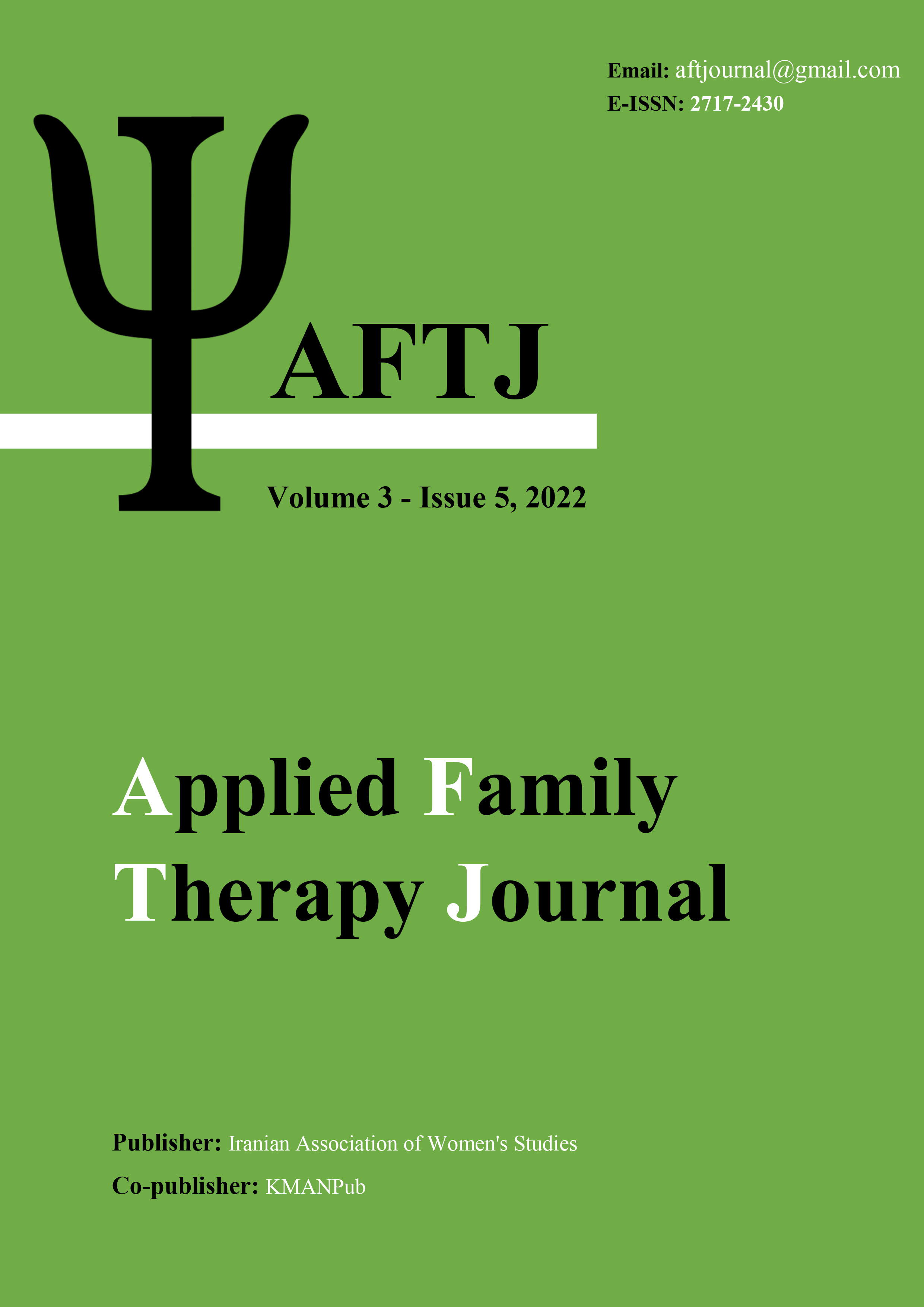The effectiveness of mindfulness based cognitive therapy on emotional self-awareness, empathy and self-compassion in psychotherapy trainees
Keywords:
mindfulness, emotional self-awareness, empathy, self-compassion.Abstract
Aim: The present study was conducted with the aim of determining the effectiveness of cognitive therapy based on mindfulness on emotional self-awareness, empathy and self-compassion in psychotherapy trainees. Methods: It was a quasi-experimental research with a pre-test-post-test design with two experimental and control groups and a two-month follow-up. The statistical population of the research consisted of all female psychotherapist trainees in Tehran in 2021, who were selected by the available sampling method and randomly replaced in two groups of 15 people. Data collection was done with Rifi et al.'s emotional self-awareness questionnaire (2008), Mehrabian and Epstein's empathy questionnaire (1972), and Neff's self-compassion questionnaire (2003). For each of the experimental groups, a cognitive therapy intervention program based on Bowen and Marlatt (2011) was held in the form of weekly sessions. In addition to descriptive statistics, data analysis was performed with mixed analysis of variance and Bonferroni’s post hoc test. Results: The results showed that in the post-test period, between the average scores of empathy (P<0.001), emotional awareness (P<0.001), and self-compassion (P<0.001) of the company group There is a statistically significant difference between the participants in the intervention sessions compared to the control group. The effectiveness of the two intervention methods was stable over time in the subjects of the experimental groups. Conclusion: Based on the results of the research, conducting psychological interventions for the preparation of psychotherapy trainees is very important and can be a basis for raising awareness and correctly applying these interventions in psychotherapy trainees.
Downloads
Downloads
Published
Issue
Section
License

This work is licensed under a Creative Commons Attribution-NonCommercial 4.0 International License.





















